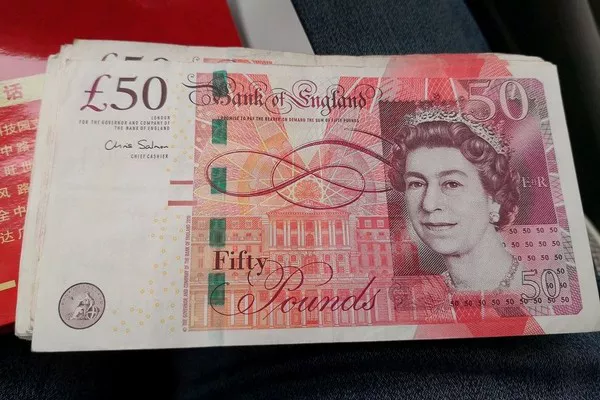If you’re planning a trip to Europe or doing business with European companies, it’s important to understand the conversion rate between British Pounds and Euros. The exchange rate between these two currencies can fluctuate daily, so it’s crucial to stay up-to-date on the latest rates to avoid any surprises when exchanging money.
Understanding Currency Exchange Rates
Before diving into the specifics of converting British Pounds to Euros, it’s important to have a basic understanding of currency exchange rates. Simply put, an exchange rate is the value of one country’s currency in relation to another country’s currency. Exchange rates are determined by supply and demand, as well as factors such as economic growth, political stability, and interest rates.
When converting currencies, it’s important to know that there are two types of exchange rates: the spot rate and the forward rate. The spot rate is the current market value of a currency, while the forward rate is a predicted value for a future date.
Calculating the Conversion Rate
To calculate the conversion rate between British Pounds and Euros, you’ll need to use the spot rate. The spot rate is easily accessible through financial news outlets, banks, and currency exchange companies. It represents the amount of Euros you’ll get for every British Pound you exchange.
For example, if the spot rate is 1.16, this means that for every British Pound exchanged, you’ll receive 1.16 Euros. To convert a specific amount of British Pounds to Euros, simply multiply the amount of British Pounds by the spot rate.
Let’s say you want to convert 500 British Pounds to Euros using a spot rate of 1.16. You would simply multiply 500 by 1.16 to get a total of 580 Euros.
Factors Affecting the Conversion Rate
As mentioned earlier, exchange rates are influenced by a variety of factors. Some of the most significant factors affecting the conversion rate between British Pounds and Euros include:
1. Economic Factors: The performance of each country’s economy can greatly impact the exchange rate between their currencies. For example, if the UK economy is performing well, the demand for British Pounds may increase, causing the value of the currency to rise.
2. Political Factors: Changes in government policies or political instability can also have an impact on currency exchange rates. For example, uncertainty surrounding Brexit negotiations has had a significant impact on the value of the British Pound.
3. Interest Rates: Differences in interest rates between countries can influence currency exchange rates. If interest rates in one country are higher than another, it may attract foreign investors, leading to an increase in demand for that country’s currency.
Tips for Converting Currency
If you’re planning to convert British Pounds to Euros, here are some tips to keep in mind:
1. Shop Around: Different currency exchange companies may offer different exchange rates and fees. Be sure to shop around to find the best deal.
2. Check the Spot Rate: Exchange rates can fluctuate daily, so be sure to check the spot rate before making any currency exchanges.
3. Plan Ahead: Don’t wait until the last minute to exchange currency. Give yourself plenty of time to research exchange rates and find the best deal.
4. Consider Other Options: Depending on your situation, there may be other options besides exchanging currency. For example, using a credit card with no foreign transaction fees or withdrawing money from an ATM may be more cost-effective.
Conclusion
Converting British Pounds to Euros requires an understanding of currency exchange rates and the factors that can influence them. By staying up-to-date on the latest exchange rates and following these tips, you can ensure that you’re getting the best deal when exchanging currency.


